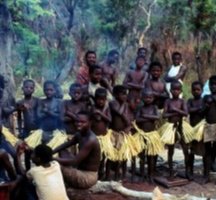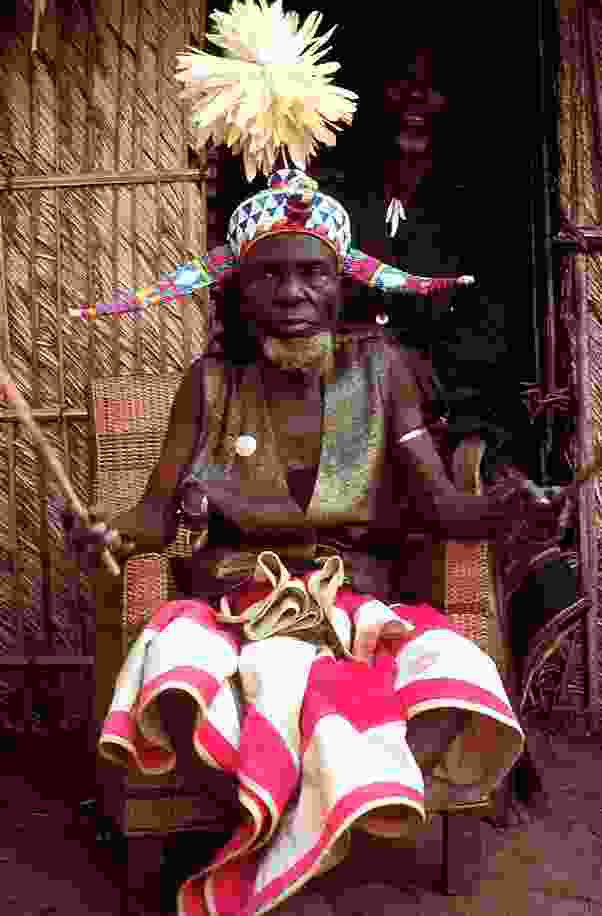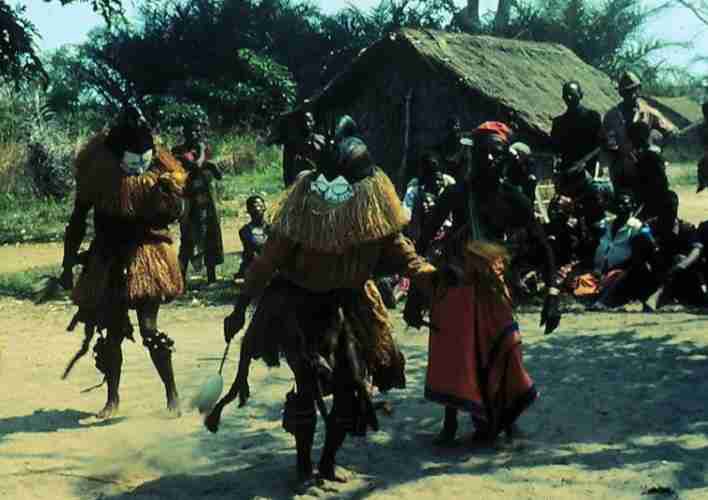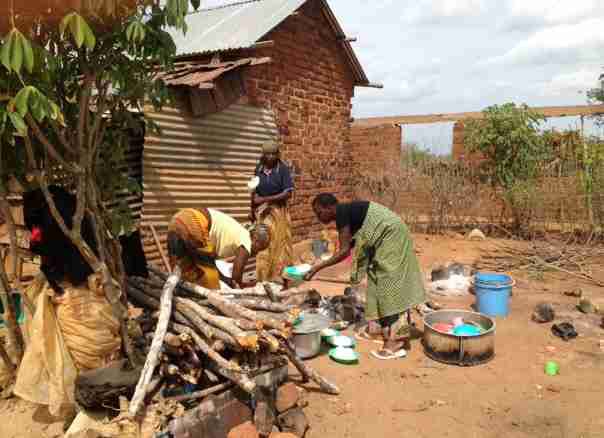When people die, the first thing that is common is people grieving for their loved ones. However, in the Southwestern part of Congo, a tribe called the Suku has a weird way of mourning their dead.
When elders die, they are celebrated with a ceremony that is held in a forest opening that has been cleared. Offerings and gifts are given to the bereaved but the women and outsiders are not allowed to attend this gathering.
Members of the Suku tribe who inhabit the Southwestern portion of the Republic of the Congo honor their ancestors and elders when they die as part of their customs otherwise known as bambuta.
Gifts and other provisions are brought to the deceased by other elders. A ceremony and the housing of the deceased are held in the clearing of a forest which is called yipheesolu.
Bambuta is the name of this sacred ceremony. The forest opening that is cleared is called the yipheesolu. The Suku or the Basuku people can be found in the Republic of Congo and Angola.
Males primarily attend the funeral; women and outsiders are banned from being present. The Suku, also referred to as the Basuku live in Angola and the Republic of Congo.
They speak kiyaka; a Bantu language that is derived from the Niger-Congo dialects. The Suku society is matrilineal, although Chiefdom is passed down to men. Women are relegated to cultivating cassava and groundnuts; they also collect roots, nuts, and berries. The men hunt.
According to History orally passed to generations, the Suku and their neighboring tribe, Yaka invaded the Kongo Kingdom. This invasion happened in the 16th century.
In the 19th century gained some independence after the Luanda-Chokwe Empire collapsed. The people crafts various sculptures from woods that depict magical figures, religion, and everyday life.
The people also craft complicated masks that are used for initiation. After the downfall of the Luanda-Chokwe empire in the 19th century, the Suku was able to gain some independence. It is estimated that there are 200,000 members of the Suku tribe.

















![National Population Commission (NPC) Recruitment 2023 [Apply Now]](https://illuminaija.com/wp-content/uploads/2023/03/Beware-of-Fake-Census-Ad-hoc-Recruitment-Link-350x250.jpeg)




